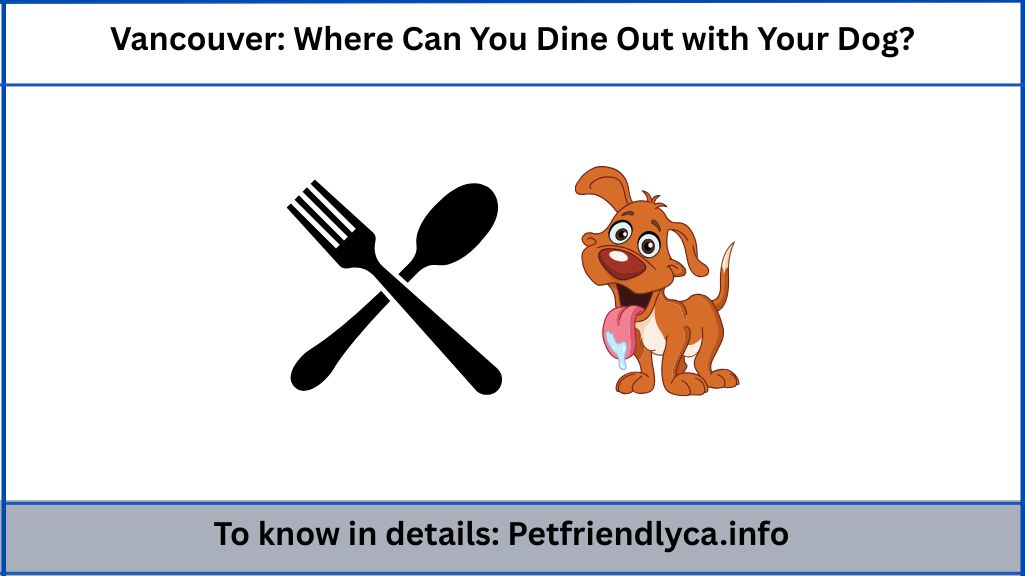If you’re planning to rent a home in Canada with your furry sidekick, chances are you’ll come across terms like pet deposit and pet rent. And unless you’re a seasoned renter (or a landlord yourself), these terms can feel like legal jargon straight out of a lease agreement nightmare.
But don’t worry — we’re here to break it down for you, plain and simple.
In this guide, we’ll walk you through the differences between pet rent and pet deposit, the laws in different Canadian provinces, and what smart renters like you should look out for before signing on the dotted line.
🐶 What Is a Pet Deposit?
Let’s start with the basics.
A pet deposit is a one-time fee landlords may require when you’re moving in with a pet. It’s kind of like a security deposit — but it’s specifically for pet-related damages.
📌 Key points:
- It’s typically refundable if your pet doesn’t cause any damage.
- It’s usually separate from the main security deposit.
- Commonly charged in provinces like British Columbia or Alberta.
🧠 Example: In BC, landlords can legally ask for up to half of one month’s rent as a pet damage deposit.
🐕 What Is Pet Rent?
Pet rent, on the other hand, is a monthly charge added to your regular rent — just because you have a pet.
Think of it as a subscription fee… for your pet living in the unit.
📌 Key points:
- It’s non-refundable.
- Charged monthly, usually $25–$50 (or more, depending on the city and pet size).
- It’s more common in large cities or buildings run by property management companies.
🧠 Example: A Toronto condo might charge you $30/month in pet rent — that’s $360/year, forever gone.
⚖️ Pet Deposit vs Pet Rent: What’s the Difference?
| Feature | Pet Deposit | Pet Rent |
|---|---|---|
| 💵 One-time or ongoing? | One-time at move-in | Ongoing, monthly |
| 🔁 Refundable? | Yes, if no pet damage | No |
| ⚠️ Purpose | Covers potential pet damages | Extra income/risk buffer for landlord |
| 🏘️ Common where? | BC, Alberta | Ontario, big city rentals |
🇨🇦 What Do Canadian Laws Say?
Here’s where it gets tricky. Rules vary depending on the province:
🏠 Ontario
- Landlords cannot legally collect a pet deposit.
- Charging pet rent is allowed, though controversial.
- Landlords generally can’t evict you just for having a pet, unless it’s a condo with bylaws or the pet causes damage or disruption.
🌲 British Columbia
- Pet deposit is legal — up to half a month’s rent.
- Pet rent is not explicitly regulated, so landlords may charge it.
🏔️ Alberta
- No law against pet deposits or pet rent.
- Landlords can charge both, though usually only one is common.
💡 Pro tip: Always check your province’s Residential Tenancies Act or contact a local tenant advocacy group before signing a lease.
🤝 Can You Negotiate Pet Fees?
Absolutely — especially in smaller rental setups or private listings.
Here’s how:
- 🐾 Offer references from previous landlords showing your pet caused no damage.
- 📷 Show proof of pet training or crate use.
- 💬 Offer to sign a pet agreement outlining responsibilities.
- 🧹 Suggest regular cleaning or maintenance in high-use areas.
Sometimes, landlords just need a little reassurance that your Great Dane won’t treat the hardwood like a chew toy.
📝 Tips for Renting with Pets in Canada
Before you move in, here’s a quick checklist:
✅ Get all pet fees in writing in your lease agreement.
✅ Ask whether pet insurance is required or recommended.
✅ Clarify if the deposit is refundable and under what conditions.
✅ Take photos of the unit before moving in, to avoid false damage claims.
✅ Understand your rights as a tenant under local laws.
🙋♀️ FAQs: Let’s Clear Up the Confusion
Can landlords charge both pet rent and pet deposit?
Yes, in most provinces — though many landlords pick one or the other.
Is pet rent refundable?
Nope. Unlike pet deposits, pet rent is never refundable.
Can I be evicted for having a pet?
Not in Ontario (except in some condos). But you can be evicted if your pet damages the property, is dangerous, or causes ongoing noise issues.
What happens if I don’t disclose my pet?
That’s risky. If the landlord has a no-pets policy, you could be breaching your lease and face eviction.
🐾 Final Thoughts: What’s Best for You?
If you’re renting with a pet in Canada, understanding the difference between pet rent and pet deposit can save you money, confusion, and legal headaches.
Here’s the bottom line:
- Prefer pet deposits if you’re confident your pet won’t cause damage — you might get that money back.
- Pet rent adds up quickly, but sometimes it’s the only option in high-demand rentals.
- Know your rights and don’t hesitate to negotiate respectfully.
Because at the end of the day, your pet is part of your family — and you both deserve a cozy, pet-friendly home without hidden surprises.


